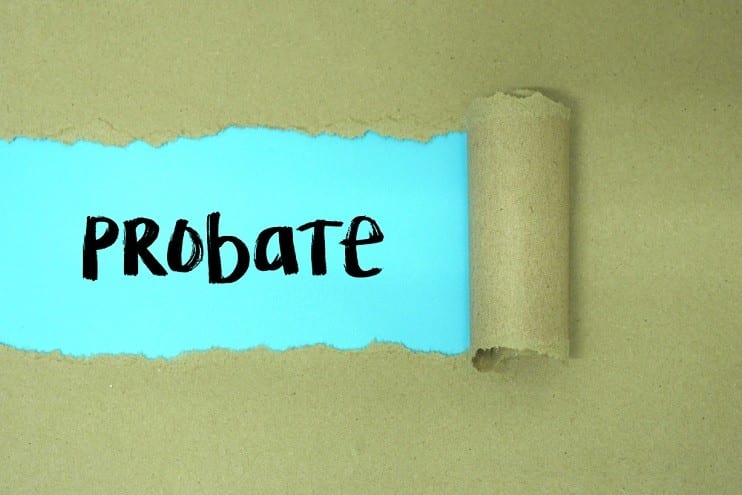All the Ways To Legally Avoid Probate: Estate Planning Pro Tip

Avoiding probate is often a major estate planning goal, but most people don’t learn all the strategies available.
In probate, a deceased person’s estate is administered and distributed according to state and local law.
The process ensures debts are paid and legal title to assets passes as the decedent wanted, or according to state law if the decedent didn’t have a valid will.
There are good reasons people want to avoid probate.
Probate can tie up the estate for months or longer and can cause the estate to incur extra expenses.
While some states and localities streamlined the process, at least for less valuable estates, for most estates probate still has delays plus extra expenses and work.
The estate administrator usually is required to appear before the court or a clerk one or more times unless a local attorney is hired to manage the process.
Also, a probated estate is a public record anyone can review.
Many people don’t want others to know the details of their estate and how it was distributed.
Fortunately, you can structure the estate so that all or most of it passes to your loved ones without probate.
Generally, assets whose title passes to the next owner by a contract or operation of law are exempt from probate. The living trust is the most well-known way to avoid probate.
All assets owned by the trust are distributed to new owners as described in the trust agreement. The probate court isn’t involved.
Retirement accounts, such as IRAs and 401(k)s, avoid probate.
The beneficiary designation form on file with the account administrator or trustee determines who inherits them.
Your will and the probate court usually aren’t involved.
Life insurance benefits and annuities are distributed to beneficiaries named in the contract.
The insurance company pays the benefits after receiving the death certificate and other documents.
There’s no involvement of the probate court, unless the estate is a beneficiary.
Joint accounts and joint title are widely used ways to avoid probate.
Married couples can own real estate or financial accounts through joint tenancy with right of survivorship.
Some states also allow a tenancy in the entirety for real estate. In either case, the spouses both own the property while both are alive.
The surviving spouse automatically takes full title after the other spouse passes away. Joint title to property also can be established between non-spouses.
It’s fairly common for an older person to create a joint account with a younger person at a financial institution.
The younger person automatically inherits the account when the older person passes away, without the need for probate.
In addition, if the older person is unable to manage his or her affairs at some point, the younger person can manage the older person’s finances without the need for a power of attorney.
But there are downsides.
All joint owners have equal rights to the property. A joint owner can take withdrawals from the account or change how it is invested without the consent of the other owner.
Joint accounts are one of the most common means through which financial fraud and abuse are inflicted on older people.
Also, once joint title is established you can’t make a change in ownership without the consent of the other joint owner.
The person who inherits full title of an account through joint title also might not receive some of the tax benefits, such as increasing the tax basis of assets, available when assets are inherited in other ways.
Joint title is the least desirable way to avoid probate when the joint owners aren’t spouses.
In next week’s issue of Retirement Watch Weekly, we’ll dig a little deeper with some additional ways to avoid probate.
![]()





